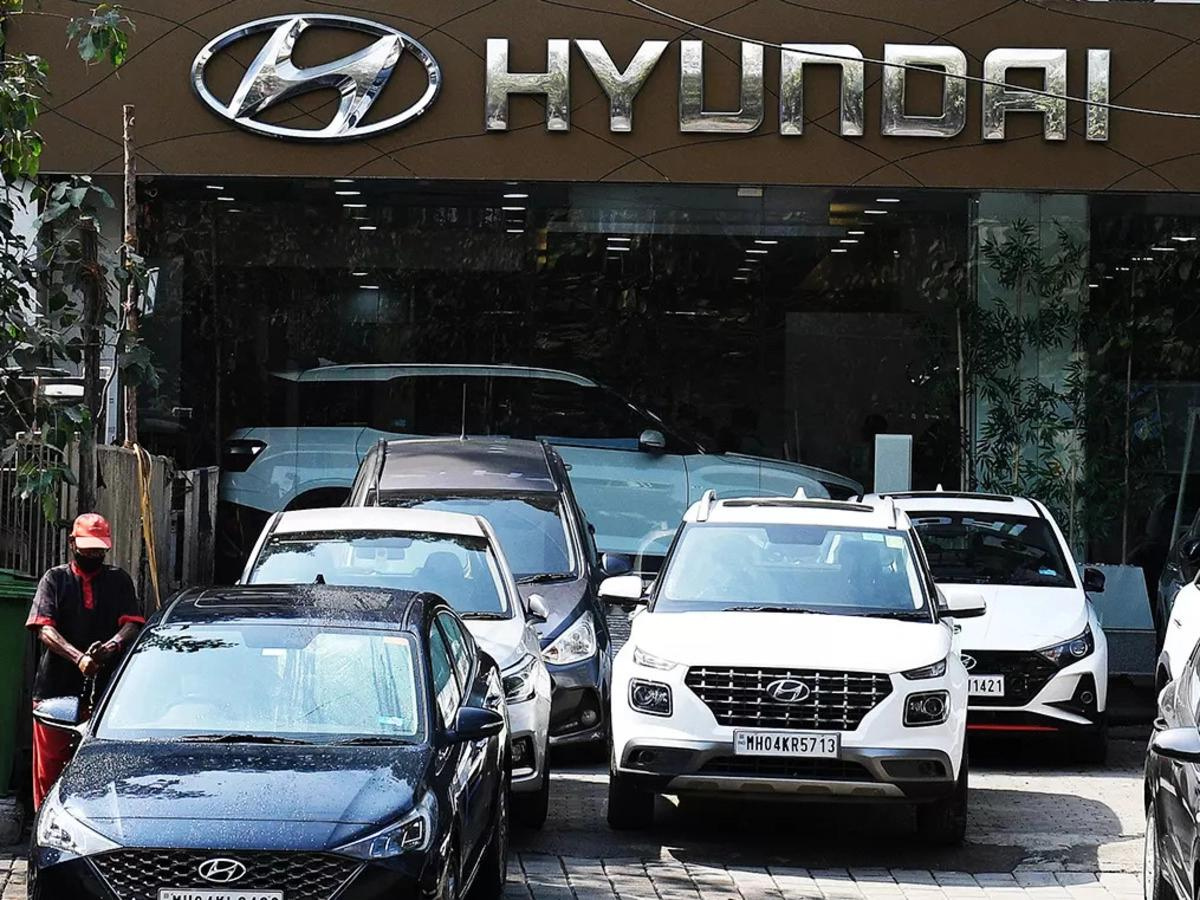Japanese carmakers like Maruti Suzuki, Toyota, and Honda are advocating for lower taxes on strong hybrids, arguing that the technology reduces emissions and improves fuel efficiency.
In regulatory documents filed with Sebi ahead of its initial public offering, Hyundai stated, “…with the objective to address climate issues, govt of India proposes to reduce GST on hybrid passenger vehicles to 5% and 12% on flex engines, while the GST on diesel and petrol vehicles is proposed to remain at 28%… In the event such amendment becomes effective, it could have an adverse impact on the sales volumes of our diesel and petrol vehicles which could affect our margins, business, and results of operations.”
Tata Motors and Mahindra have steadfastly opposed any special benefits for hybrids. According to these companies, only electric vehicles should benefit from the 5% GST rate, arguing that solely “zero emission vehicles” merit incentives, not those offering mere “fuel efficiency improvement technologies.”
“So, if it’s not plugged into electricity, I don’t think it qualifies for being an electric or should be compared with an EV technology. The source of energy for a hybrid comes from two sources – regenerative braking to a small fraction, and the rest from a gasoline engine. So, effectively the source of energy for hybrids is a gasoline engine. Comparing a hybrid with an EV is very motivated as people feel that such a comparison can make hybrids qualify for policies which are supportive of electrification,” Shailesh Chandra, MD of Tata Motors’ Passenger Vehicles and Electric Mobility Divisions, had told TOI earlier.
Hyundai, Tata Motors, and Mahindra fear that a tax concession for hybrids could negatively affect their sales and profitability in the petrol and diesel segments.The debate highlights the tension between promoting cutting-edge fuel efficiency technologies and fully electric vehicles in India’s evolving auto industry landscape.
(with ToI inputs)


